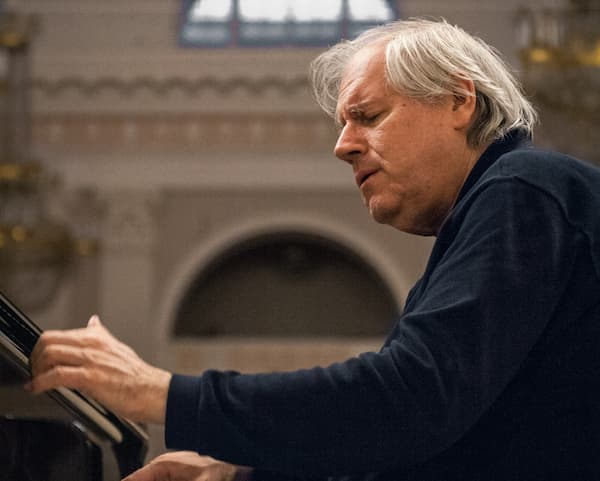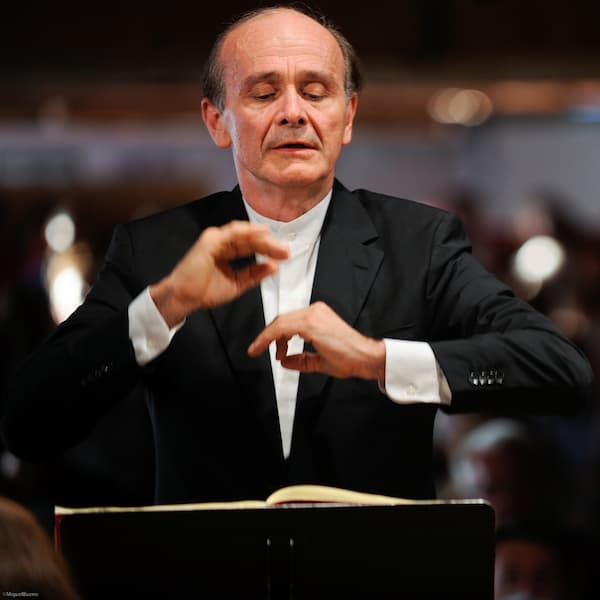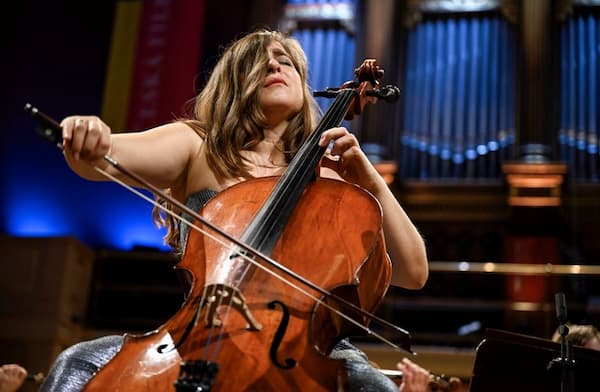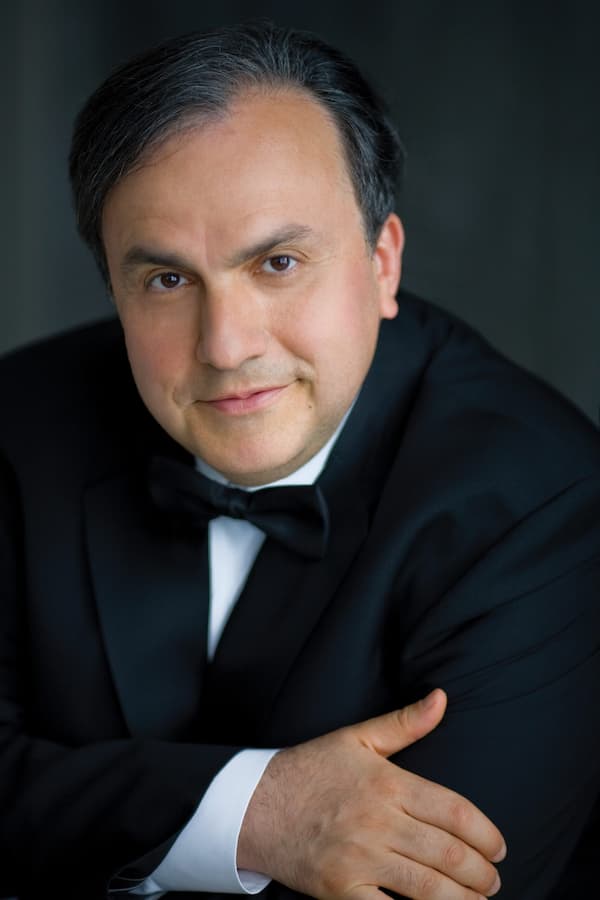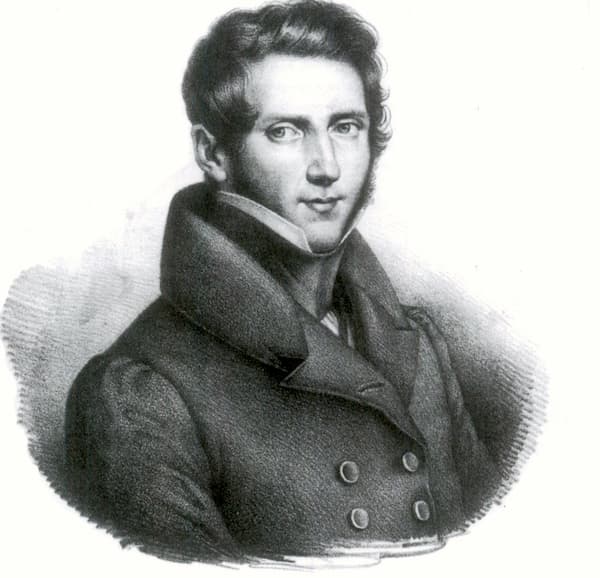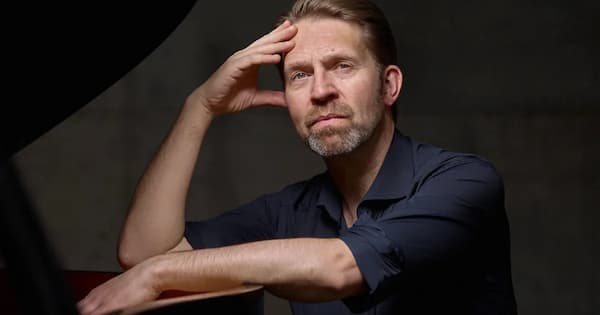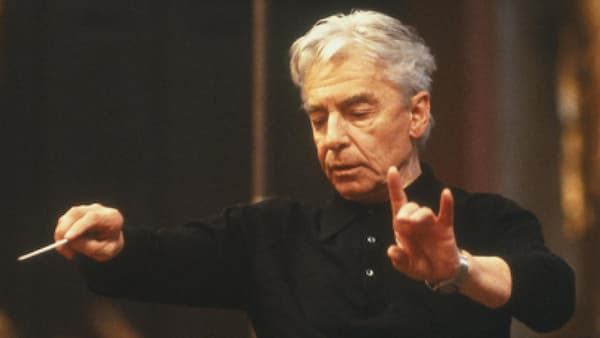Grigory Sokolov burst onto the scene in 1966 by winning the International Tchaikovsky Competition at the age of 16. Emerging from the intense musical training grounds of the Soviet Union, Sokolov subsequently built a reputation based on steely precision and
On This Day
The remarkable career of the distinguished Hungarian musician Gábor Takács-Nagy spans both virtuoso performance and masterful conducting. His prodigious abilities as a violinist propelled him to international recognition, most notably as a founding member and leader of the acclaimed Takács
Cellist Alisa Weilerstein, born on 14 April 1982 in Rochester, New York, was immersed in the world of classical music from an early age. She started cello lessons at four and played her professional debut at the age of 13.
Danielle de Niese has captivated audiences with her luminous voice, dynamic stage presence, and versatile artistry. Born in Melbourne, Australia, to Sri Lankan and Dutch parents, her prodigious talent emerged at a young age as she won a national television
Widely regarded as one of the most accomplished and versatile pianists of his generation, Yefim Bronfman is celebrated for his extraordinary technique, musical depth, and commanding stage presence. Born on 10 April 1958 in Tashkent, Uzbekistan, Bronfman displayed prodigious talent
Gaetano Donizetti (1797–1848) composed three operas often grouped as his “Tudor Queens” series: Anna Bolena (1830), Maria Stuarda (1835), and Roberto Devereux (1837). They represent some of the finest examples of bel canto writing, blending historical intrigue with dramatic storytelling
The Norwegian pianist and chamber musician Leif Ove Andsnes is widely regarded as one of the most accomplished and insightful artists of his generation. He began playing piano at an early age, and his extraordinary talent would soon propel him
Herbert von Karajan, hailed as one of the greatest conductors of orchestral music, exerted total authority and power. Known for his meticulous attention to detail, commanding presence, and a distinctive interpretive style, Karajan left an indelible mark on the world

